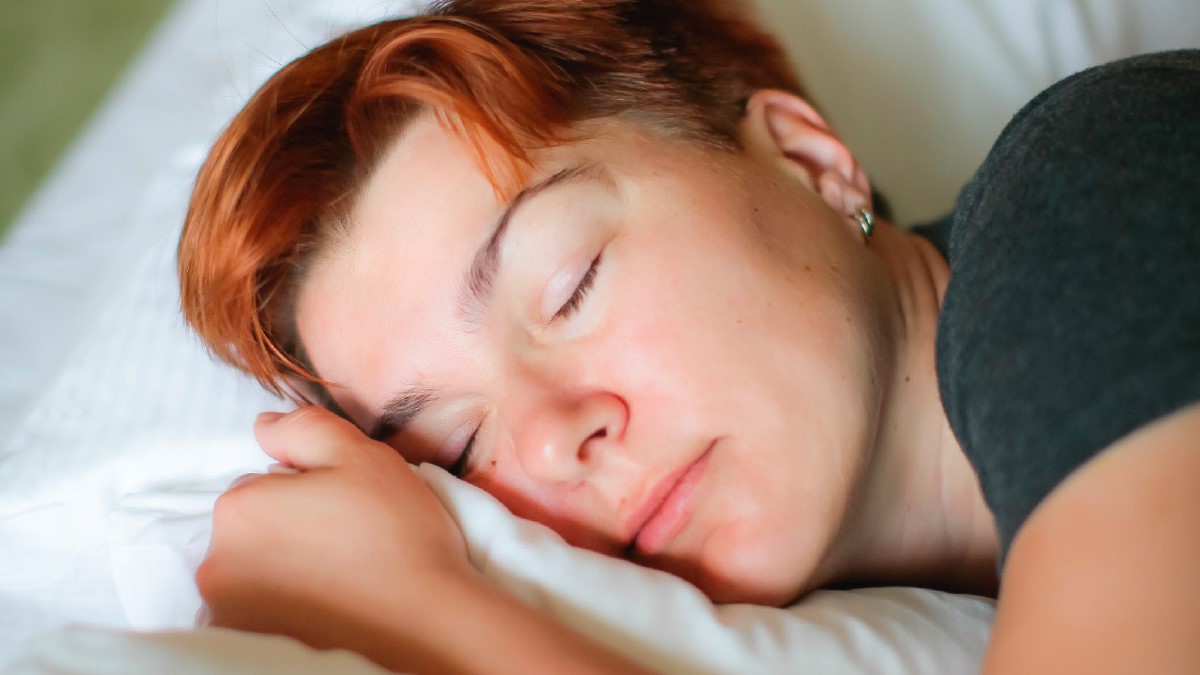


Most insomnia medications are better at helping you fall asleep, rather than helping you stay asleep. So make sure you let your provider know which is more troubling for you when it comes to catching those z’s. Some of these medications are better for helping you fall asleep, while others are better at helping you stay asleep. They may also ask you if you’re having any side effects and how often you needed to take the medication. They may ask the same questions from your first visit to see if your sleep has improved at all. Most providers will have you return to their office a few weeks later (in-person or virtual) to see how you’re feeling. Non-benzodiazepine hypnotics or “z-drugs” They may also choose to prescribe you one of the following: During your appointment, they will most likely ask you questions about your typical night. Due to the concerns surrounding COVID-19, many providers are conducting virtual visits for mental health issues. If you’ve been trying CBT-I for several weeks without improvement, or you feel your insomnia is unbearable, now is the time to make an appointment with a healthcare provider. Prescription options for treating insomnia As such, it’s important to combine good sleep hygiene with other aspects of CBT-I. Improving your sleep hygiene will not help chronic insomnia if these are the only changes you are making. Keep your bedroom cool, dark, and quiet while sleeping. Reduce your tobacco and alcohol consumption. Get exercise and sunlight during the day. Use your bed for sleep or intimate activities only.Ĭreate a bedtime routine that you follow at the same time every night. These are the most common tips you’ll receive for sleeping troubles: Sleep-hygiene techniques are another approach, which involve changing your bedtime routine and habits throughout the day. The best part is that it can be done at home for free. Meditation may not increase the amount of time you sleep, but it can improve the quality of your sleep. People have been practicing meditation and mindfulness for centuries - without apps - but the practice has grown in popularity in recent years.īut does meditation really work? Experts say it provides some insomnia relief. The list of meditation apps out there is seemingly endless: Headspace, Calm, Ten Percent Happier.

CBT-I with medication is the only thing more effective for treating insomnia in the beginning than CBT-I alone. Then, they may wean you off the medications once you start to make progress. If you are seeing a provider for CBT-I, they might prescribe you medication during the first few weeks while you learn to use these sleep techniques.

It requires some patience and commitment. It’s also normal for you to feel more tired in the very beginning of CBT-I. Most people start benefiting from CBT for insomnia after about 6 to 8 weeks. There are online options for self-study, as well as many good-quality books and workbooks. However, you can do CBT-I on your own, without a therapist, with just as much success as with one. Using relaxation or biofeedback exercisesĬonnecting with a therapist is helpful, especially if you also are having anxiety or depression due to worries over COVID-19. Getting out of bed in the night if you are not sleeping Setting a consistent bedtime and wake time Some examples of CBT-I exercises and techniques are: It can also help you shut off any racing thoughts that could be disrupting you at night, reinforce your body’s sleep-wake cycle, and teach your brain to connect being in bed with being asleep. CBT-I is so effective at helping people manage insomnia that it is sleep experts’ first recommended choice.ĬBT-I can help you learn to think about sleep in a positive way. It uses exercises and behavioral changes to help you learn to sleep better. Cognitive-behavioral therapy for insomnia (CBT-I)Ĭognitive-behavioral therapy for insomnia (CBT-I) is a structured sleep therapy program. For this reason, the American Academy of Sleep Medicine recommends people with insomnia first try non-medicated methods. This means that your mind has learned to sleep poorly over time. Most insomnia that is not caused by medications or medical conditions is what’s known as a learned behavior. Where to start: Treating insomnia naturally No matter why you have insomnia, there are several options to help you reclaim some of those lost hours of sleep, including medication-free options, prescription medications, and over-the-counter products. Other times, there is no easy explanation for why a person can’t sleep. Sometimes, insomnia is caused by medications, pain conditions, or other mental health issues like depression or anxiety. But it can also mean you have trouble staying asleep or you wake up too early and can’t get back to sleep. This can mean you have trouble falling asleep. Insomnia is when you have difficulty sleeping more than 3 days a week.


 0 kommentar(er)
0 kommentar(er)
